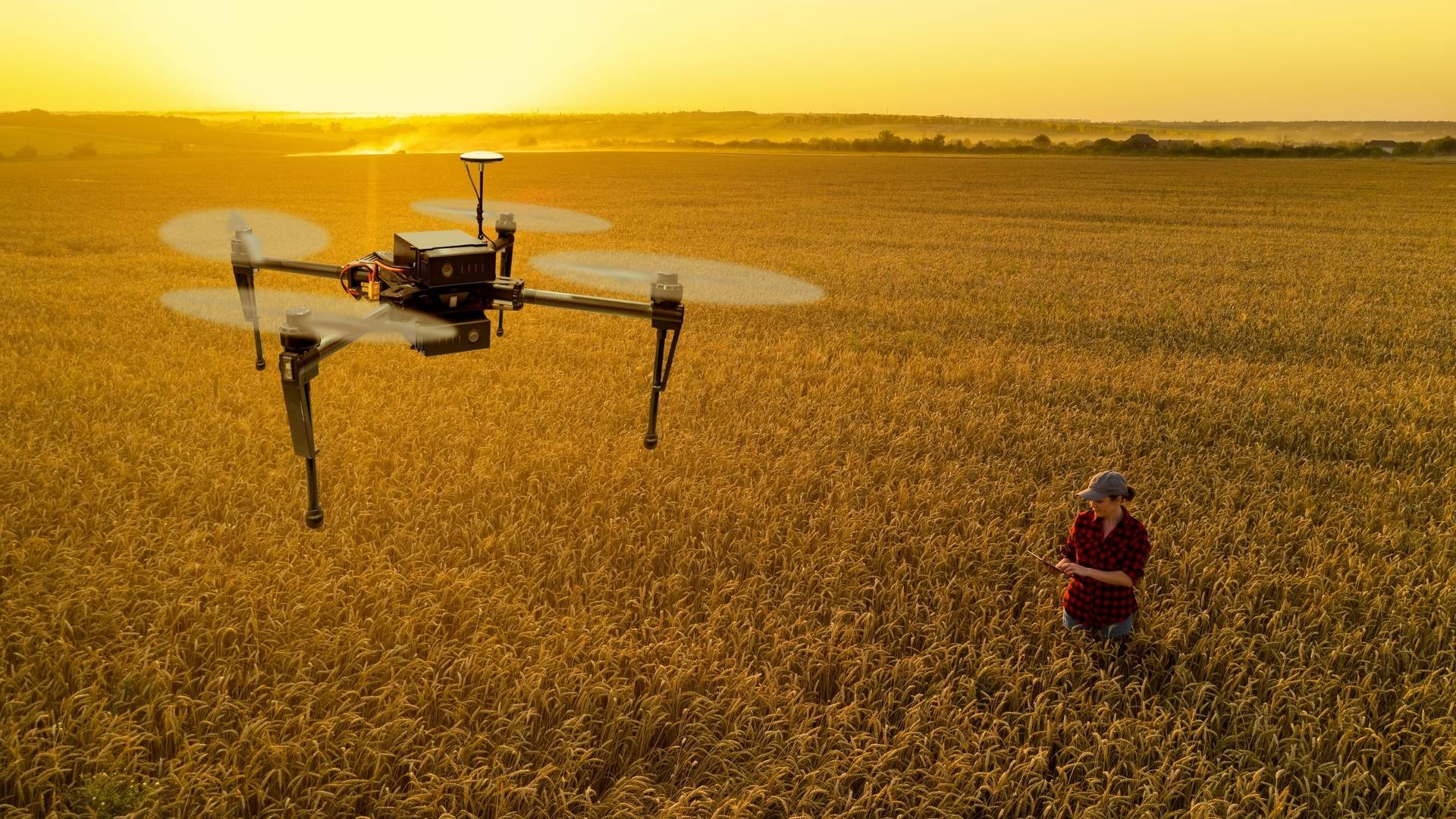Precision farming, also known as precision agriculture or precision ag, represents a technological revolution in the field of agriculture. This innovative approach leverages advanced technologies to optimize various aspects of farming, resulting in improved efficiency, resource management, and overall productivity. The integration of technology into traditional farming practices has ushered in a new era where data-driven decision-making plays a pivotal role in cultivating crops.
One of the key components of precision farming is the use of Global Positioning System (GPS) technology. GPS enables farmers to precisely map their fields, allowing for accurate monitoring and management of crop growth. With the help of GPS-guided tractors and equipment, farmers can optimize the use of resources such as water, fertilizers, and pesticides. This not only reduces waste but also minimizes the environmental impact of agricultural activities.
Another crucial aspect of precision farming is the utilization of sensors and monitoring devices. These devices collect data on soil conditions, moisture levels, and crop health in real-time. By analyzing this data, farmers can make informed decisions about when to irrigate, fertilize, or apply pesticides, leading to more targeted and effective farming practices. Additionally, the use of drones equipped with sensors allows for aerial monitoring of large agricultural areas, providing a comprehensive view of the entire farm and enabling quick response to emerging issues.
The implementation of precision farming techniques also extends to automated machinery and robotics. Smart machines equipped with artificial intelligence can perform tasks such as planting, harvesting, and weeding with unparalleled precision. This not only reduces the need for manual labor but also enhances the overall efficiency of farm operations. Farmers can benefit from increased yields and reduced production costs, contributing to the sustainability of agriculture in the long run.
Furthermore, data analytics and machine learning play a crucial role in making sense of the vast amount of information collected through precision farming technologies. Advanced algorithms can analyze historical data to identify patterns and trends, offering valuable insights for optimizing future farming practices. This data-driven approach enables farmers to adapt to changing environmental conditions, mitigate risks, and maximize the resilience of their agricultural operations.
In conclusion, precision farming is revolutionizing agriculture by leveraging technology to enhance efficiency, sustainability, and productivity. The integration of GPS, sensors, automation, and data analytics has transformed traditional farming practices into a sophisticated and intelligent system. As the world faces the challenge of feeding a growing population, precision farming emerges as a crucial tool in ensuring food security while minimizing the environmental impact of agriculture.

+ There are no comments
Add yours